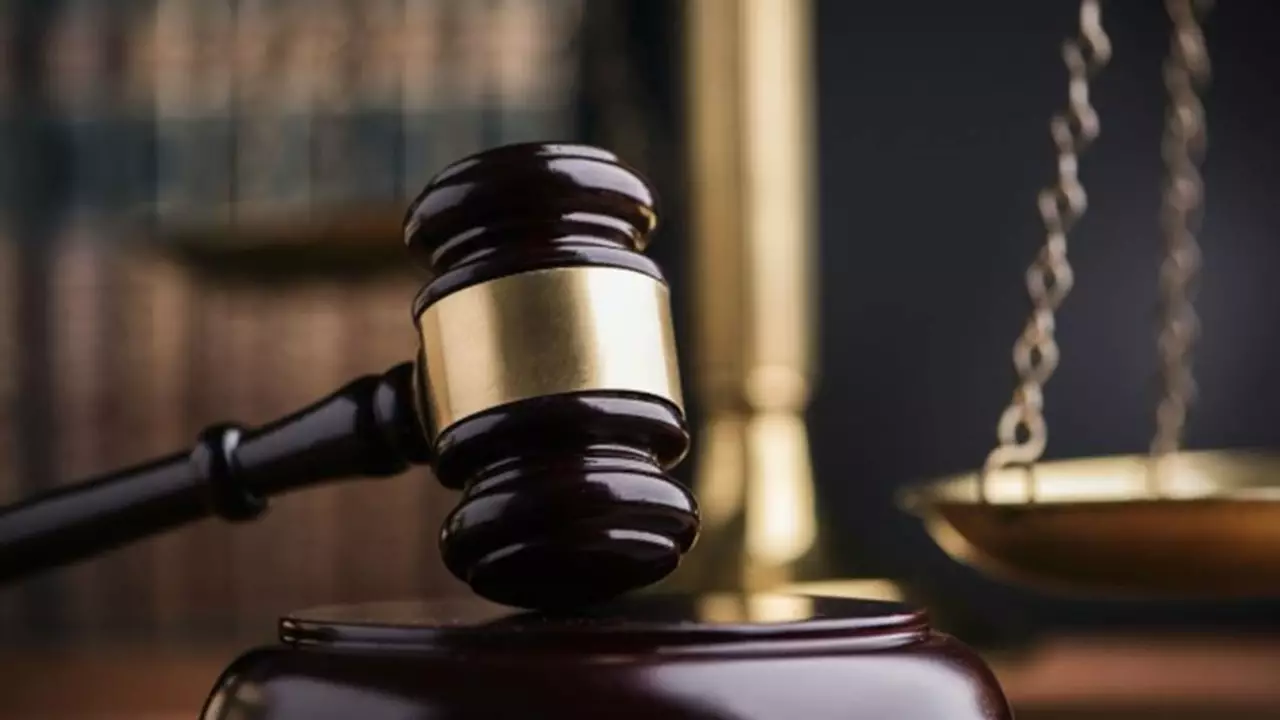Presumption of Innocence: What It Means and Why It Matters
Ever heard the phrase “innocent until proven guilty”? That’s the heart of the presumption of innocence. It’s a rule that says anyone accused of a crime starts out as not guilty, and the burden is on the prosecution to prove guilt beyond a reasonable doubt.
This rule isn’t just legal jargon – it shapes how courts work, how police investigate, and even how we think about fairness. Without it, anyone could be punished based on an accusation alone.
The Core Idea Behind the Presumption
The presumption of innocence is a fundamental safeguard in democratic societies. It means the state must present solid evidence before taking away someone's freedom. If the evidence falls short, the accused walks free.
Think of it like a courtroom game: the prosecutor has to collect enough pieces to complete the puzzle. If a piece is missing, the picture is incomplete, and the judge can’t declare a win.
How It Works in Real Cases
When a police report is filed, the suspect is still considered innocent. Lawyers often remind juries of this right, especially when emotions run high. During a trial, the defense doesn’t need to prove innocence – they simply point out gaps in the prosecution’s case.
For example, if a robbery suspect is caught on a shaky CCTV clip, the defense can argue the footage isn’t clear enough. The jury must then decide if the evidence meets the high standard of “beyond a reasonable doubt.”
In everyday life, this principle protects ordinary people from false accusations. It forces authorities to double‑check facts, interview witnesses, and avoid snap judgments.
Even media outlets are expected to respect the presumption. Headlines that slam someone before a trial can damage reputations, even if the person is later found not guilty.
Some critics argue the rule makes it harder to convict the guilty, but the trade‑off is worth it. A system that sometimes lets a guilty person go free is better than one that punishes the innocent.
That’s why many countries embed the presumption of innocence in their constitutions. It becomes a legal shield that courts can’t ignore.
Remember, the presumption isn’t just about legal paperwork – it’s about treating people fairly, giving them a chance to defend themselves, and keeping the justice system honest.
Next time you hear about a high‑profile case, ask yourself: “Has the prosecution proved their case, or are we still assuming guilt?” That question keeps the principle alive in public debate.
Bottom line: the presumption of innocence is a simple but powerful rule. It says everyone gets a fair shot, and the state carries the heavy load of proof. That’s how a just society stays balanced.
No presumption of innocence once trial court convicts?
Well, butter my biscuits and call it a day! I've been delving into this fascinating topic: "No presumption of innocence once trial court convicts?" Sounds like a proper brain teaser, doesn't it? So, here's the scoop: Once a trial court convicts someone, it's a bit like being caught with your hand in the cookie jar - the presumption of innocence just flies out the window. It's a bit of a sticky wicket, really. But hey, don't let that put a wrinkle in your forehead! Keep your peepers peeled for more legal lingo and courtroom conundrums!
full article